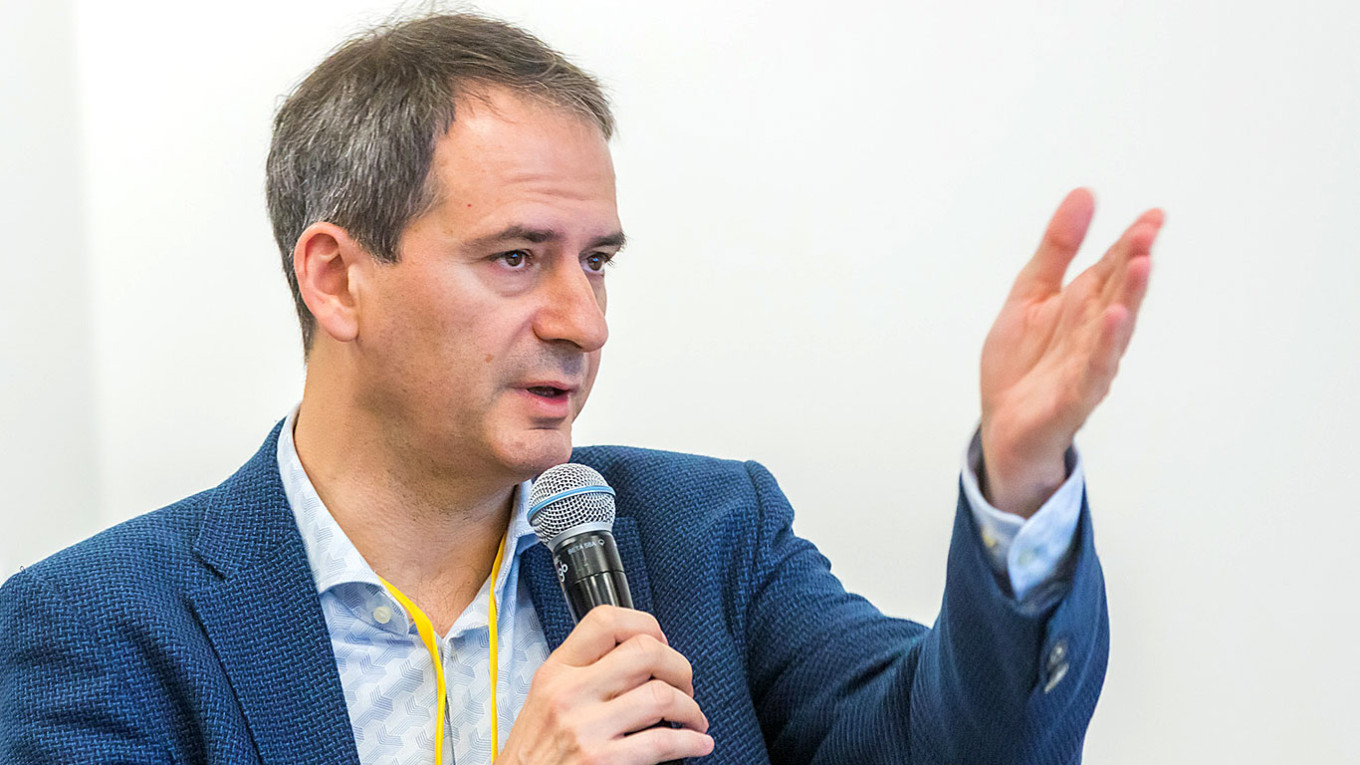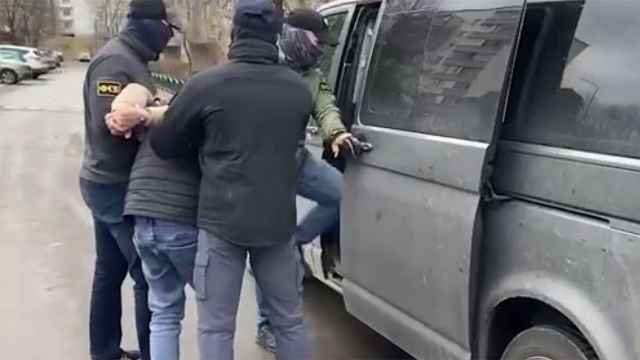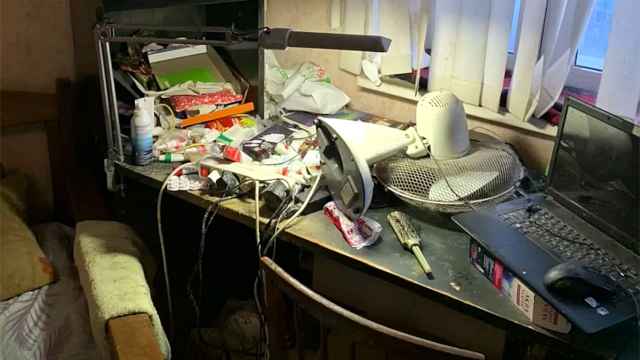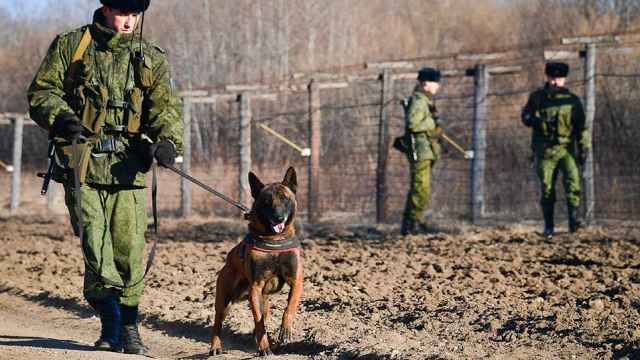Bulgarian investigative journalist and director of the Bellingcat investigative reporting group Christo Grozev is being forced to relocate from Austria, his home of nearly 20 years, due to the alleged threat posed to him by the Russian security services, the Viennese daily Falter reported on Wednesday.
"I suspect that there are more Russian agents, informers and henchmen in the city than police officers," Grozev told Falter.
The journalist was reportedly forced to cancel his planned return to Vienna from a trip to the United States after contacts in the intelligence world warned him he could be in danger should he return.
Grozev, 53, has played a leading role in a number of Bellingcat’s most high-profile investigations, including that into the 2018 poisoning of Russian double agent Sergei Skripal and his daughter in the British city of Salisbury, and the 2020 poisoning of Kremlin critic Alexei Navalny on a domestic flight in Siberia.
Russia placed Grozev, who is officially Bellingcat’s executive director, on its wanted list in December, sparking outrage in Grozev’s home country Bulgaria.
"I'm considered a criminal, but I can't defend myself because I don't know what for. And apparently, they want to signal [to me] that they know exactly where I live," Grozev said in the Falter interview.
In July Russia’s Federal Security Service (FSB) claimed that Grozev had been involved in a "foiled plot" to hijack Russian fighter jets, though it did not say if it had ultimately pressed criminal charges against the journalist in absentia.
Grozev has denied the charges and accused Russia’s domestic intelligence agency of forging evidence to support its allegations.
A Message from The Moscow Times:
Dear readers,
We are facing unprecedented challenges. Russia's Prosecutor General's Office has designated The Moscow Times as an "undesirable" organization, criminalizing our work and putting our staff at risk of prosecution. This follows our earlier unjust labeling as a "foreign agent."
These actions are direct attempts to silence independent journalism in Russia. The authorities claim our work "discredits the decisions of the Russian leadership." We see things differently: we strive to provide accurate, unbiased reporting on Russia.
We, the journalists of The Moscow Times, refuse to be silenced. But to continue our work, we need your help.
Your support, no matter how small, makes a world of difference. If you can, please support us monthly starting from just $2. It's quick to set up, and every contribution makes a significant impact.
By supporting The Moscow Times, you're defending open, independent journalism in the face of repression. Thank you for standing with us.
Remind me later.






